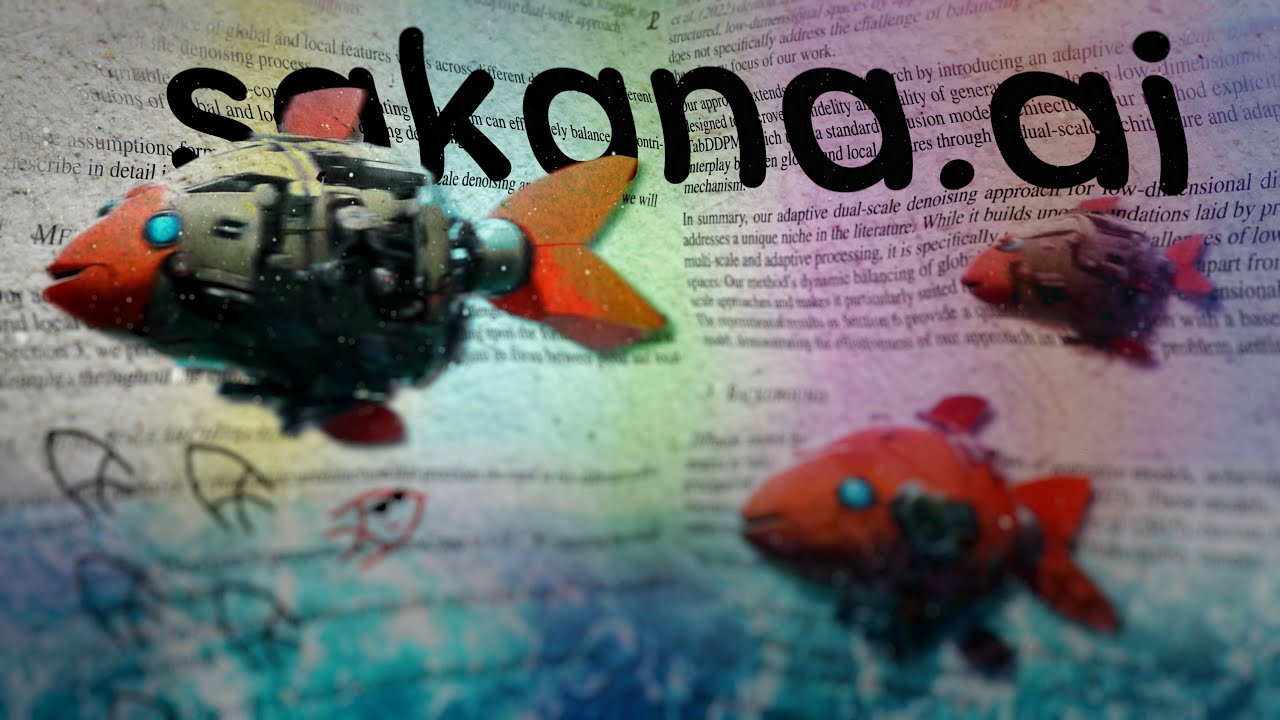The video features researchers discussing the potential of large language models (LLMs) to improve themselves and contribute to scientific discovery by generating novel ideas and optimizing training algorithms aligned with human preferences. They emphasize the importance of human oversight in the scientific process and explore the implications of AI-generated research, advocating for a collaborative approach that combines AI capabilities with human expertise to enhance scientific inquiry.
The video features a discussion among researchers Chris Lu, Robert Lang, and Cheung, who explore the potential of AI, particularly large language models (LLMs), to improve themselves and contribute to scientific discovery. They delve into the idea that LLMs can generate novel ideas comparable to human researchers, suggesting that AI scientists could serve as powerful tools for data generation and deeper knowledge exploration. The conversation highlights the importance of entropy and creativity in generating new ideas and the potential for smaller-scale evolutionary processes to yield significant advancements in AI capabilities.
The researchers introduce their collaborative work on a paper titled “Discovering Preference Optimization Algorithms with and for Large Language Models.” They explain how they have been developing algorithms to train LLMs to align their behavior with human preferences, emphasizing the trial-and-error nature of this process. By leveraging the mathematical intuitions of LLMs, they propose that these models can optimize the algorithms used to train them, potentially automating the discovery of better training methods and enhancing the efficiency of LLMs.
The discussion shifts to the implications of using LLMs for scientific discovery, particularly through the AI scientist framework. The researchers argue that while LLMs can generate scientific papers, the process of scientific inquiry involves more than just producing written content. They emphasize the importance of human intuition, experimentation, and the iterative nature of scientific research, suggesting that AI scientists could benefit from incorporating human oversight and feedback to refine their outputs and ensure relevance to the scientific community.
As the conversation progresses, the researchers address concerns about the potential for LLMs to produce knowledge that may be difficult for humans to understand or interpret. They acknowledge the risk of generating outputs that lack clarity or coherence, emphasizing the need for a robust review process to evaluate the quality of AI-generated research. They propose that a future where AI scientists operate autonomously could lead to a new paradigm in scientific publishing, where AI-generated papers are reviewed and critiqued by other AI systems, raising questions about the nature of scientific contribution and knowledge dissemination.
In conclusion, the video highlights the exciting possibilities of using LLMs for scientific discovery while also acknowledging the challenges and philosophical questions that arise from this technology. The researchers advocate for a collaborative approach that combines the strengths of AI with human expertise, aiming to create a more efficient and innovative scientific process. They envision a future where AI scientists can contribute meaningfully to research, ultimately enhancing our understanding of complex problems and driving progress in various fields.
